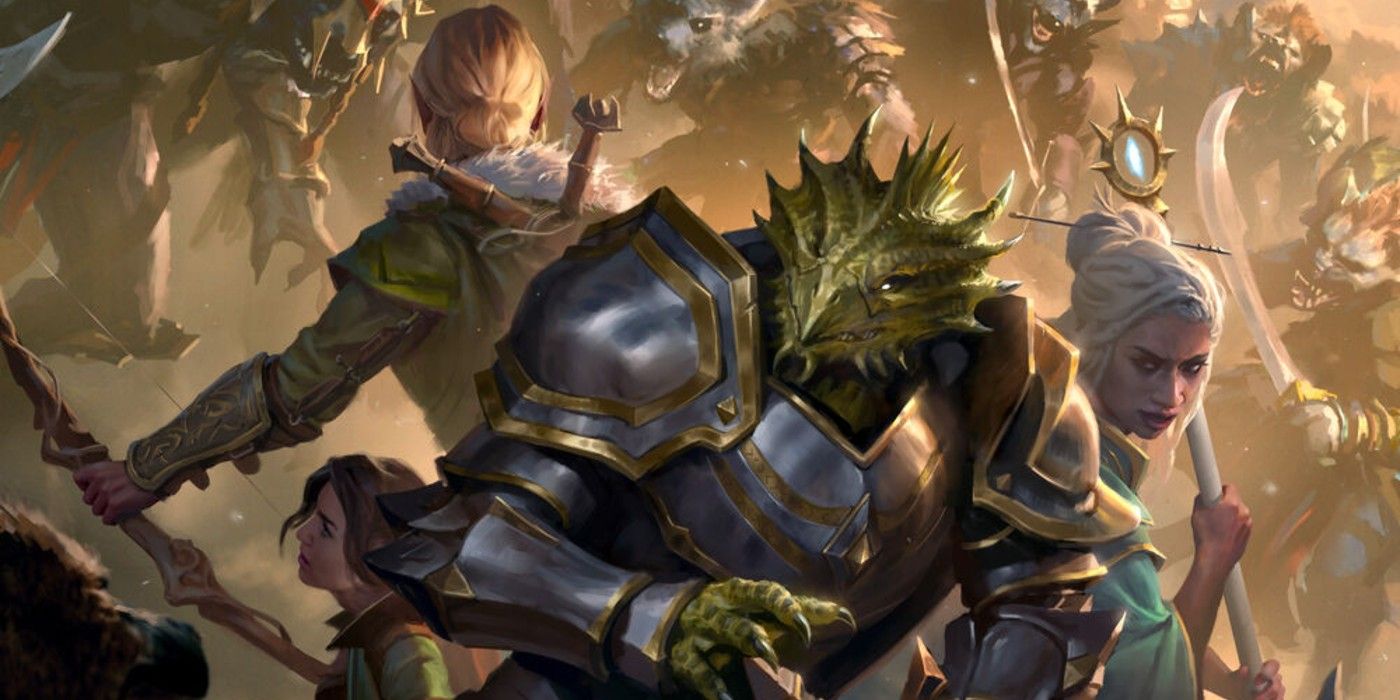

One of the most fun parts of starting a Dungeons & Dragons campaign is choosing what character class to be. Each class boasts a unique blend of skills, allowing players to be dynamic in how they interact with the world, whether as a fighter, thief, or not-so-humble bard. Within the D&D community, there is a long-running joke that the class a player chooses on their first campaign reveals much about their personality.
Creating a Dungeons & Dragons character is typically done in three stages, deciding what race, class, and background a player wants to be. While most people, especially new players, take the most time deciding what race to play, the class selection is most revealing about personality.
Class is the best insight into how players interact with the game, and tend to supersede any personality traits bestowed on characters by their race and background. A dwarf in Dungeons & Dragons is untrusting of others by design, but a dwarf paladin would have no trouble trusting a stranger they just met. Moreover, new players tend to choose class based on what speaks to them the most, providing more insight about themselves and their gameplay than they realize.
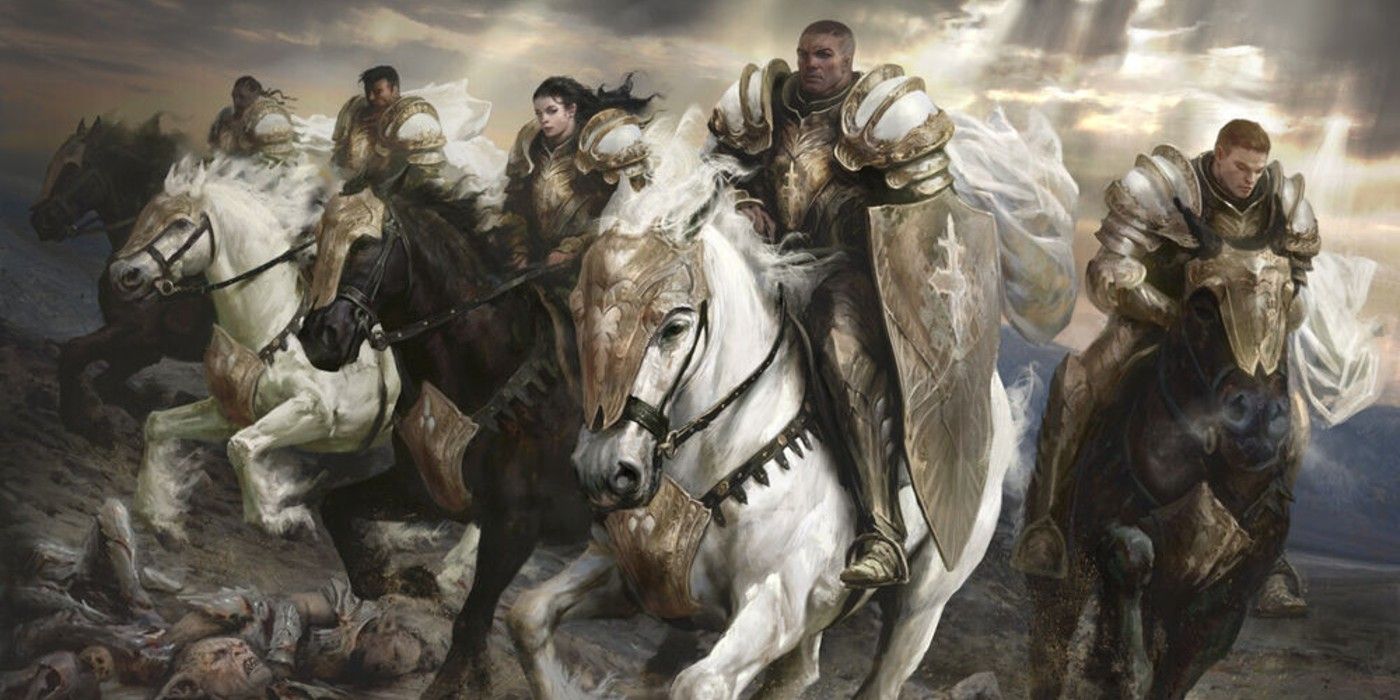
Barbarian players enjoy the simpler things in life, choosing a class with a straightforward fighting style over one with complex spellcasting systems. These are people who, in real life, may be pacifists but want to charge at campaign conflicts in a rage. DMs of new players who choose to be a barbarian should keep an eye on them, as they may get overwhelmed by all the options Dungeons & Dragons has to offer.
Fighters are players who like to test the waters before making a final decision. They know they prefer using weapons over spells in combat, but aren't willing to decide on a niche skill set until they get a feel for the campaign and their fellow party members. The Dungeons & Dragons fighting class allows them to do this, as it's not until level three that players have to choose a subclass that defines their fighting style.
If a Dungeons & Dragons player chooses the paladin class, they are likely a hopeless romantic who truly believes in chivalry and making the world a better place. They also have a deep belief in justice and may want to carry out a lifelong dream of being a veritable knight in shining armor. In Dungeons & Dragons, paladins want the combined glory of combat and redemption of healing.
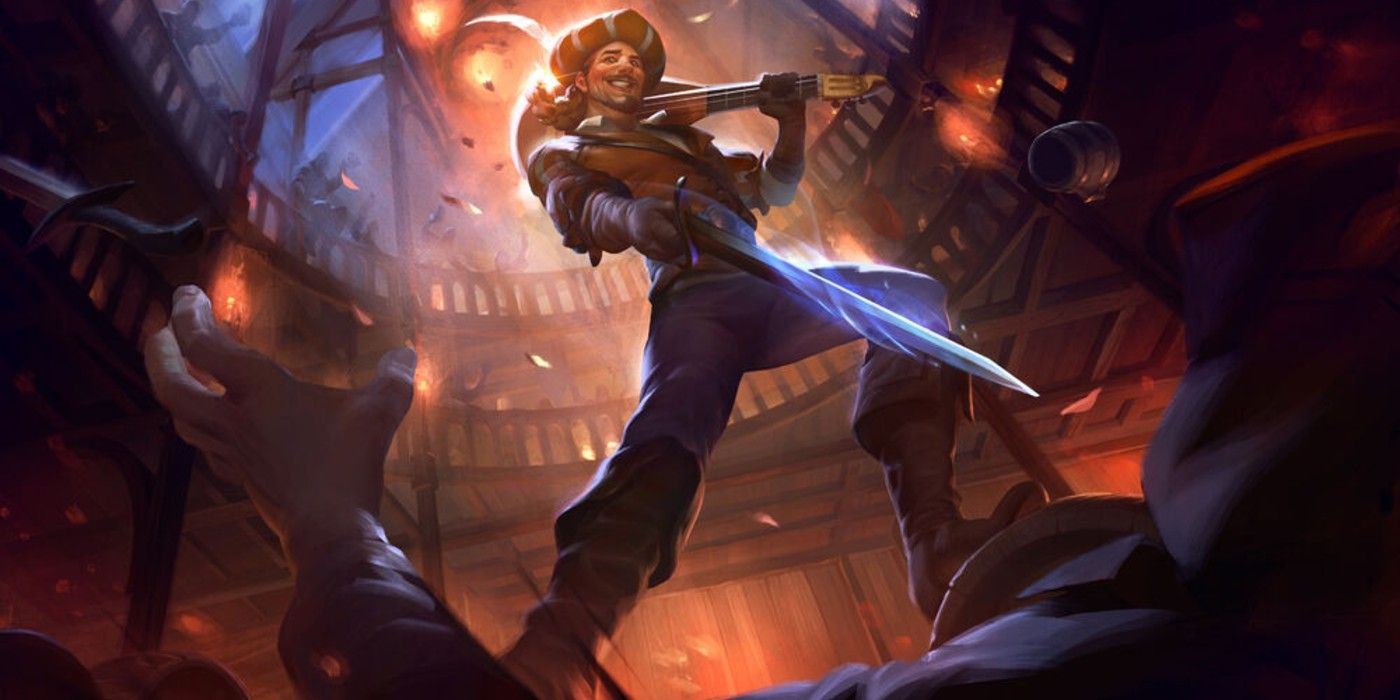
Oftentimes, only the most self-aware players who are deeply in tune with themselves and confident in their tabletop RPG knowledge may choose to be a Dungeons & Dragons monk. It's rare for a monk to be a player's first choice, especially for those new to the game. These players may have a deep respect for tradition, and are likely harboring a desire to become a ninja.
People who identify with having a dark and secret past, or who have a longstanding desire to be Aragorn from The Lord of the Rings, often choose to be the ranger class. These players are truly adventurous and love to explore every aspect of a Dungeons & Dragons campaign setting, but they may struggle with sitting for the length of a Dungeons & Dragons session.
Rogues are a popular class for first time players as it's a fairly clear cut outlet to be a criminal in ways people can't be in real life. Those who choose this class usually have a penchant for sarcasm and may seem prickly at first, but are typically excited to explore Dungeons & Dragons' fantasy based narrative and will earn many inspiration points for their excellent roleplaying.
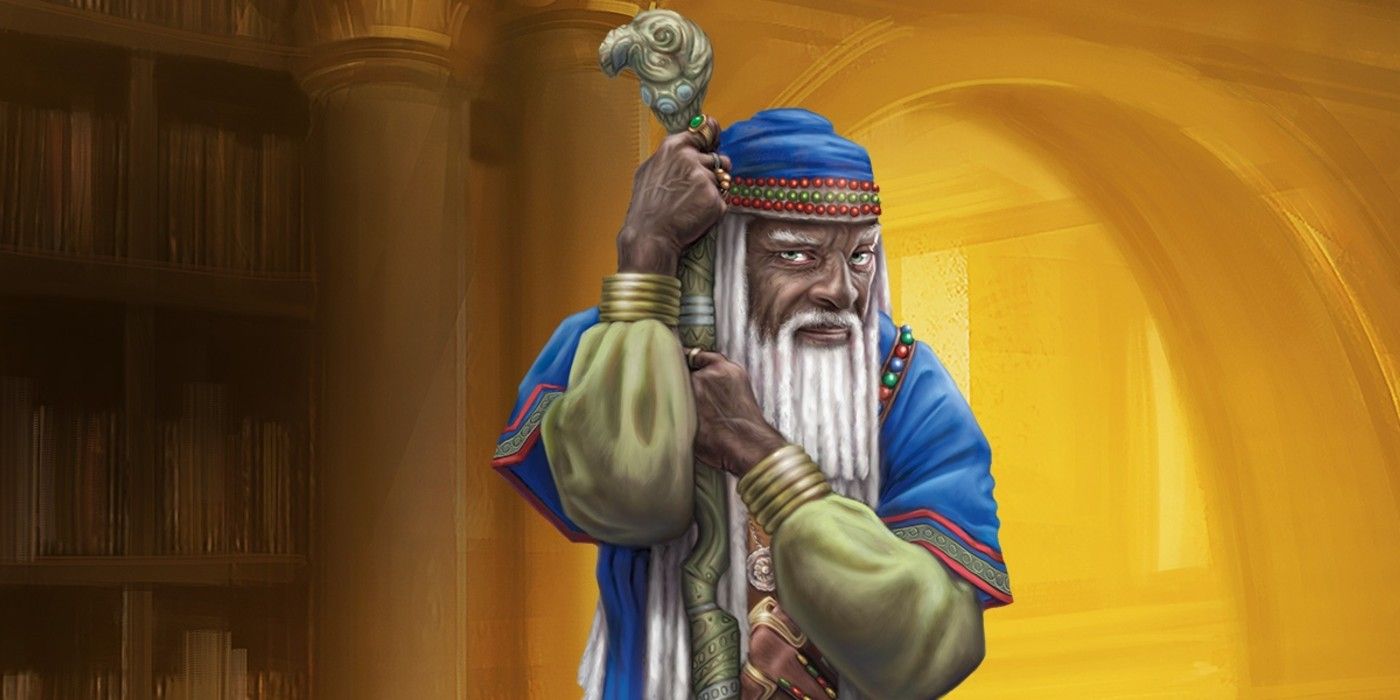
Those who take on the wizard class may not care for the combat and roleplaying aspects of Dungeons & Dragons at all. Rather, they might prefer scouring the handbook for every piece of information they can gather. They're the type of person who could explain the etymology of names and real-world historical inspirations for Dungeons & Dragons lore. In theory, wizard players would make excellent DMs due to their deep knowledge, but they would get so lost in preparation the campaign might never start.
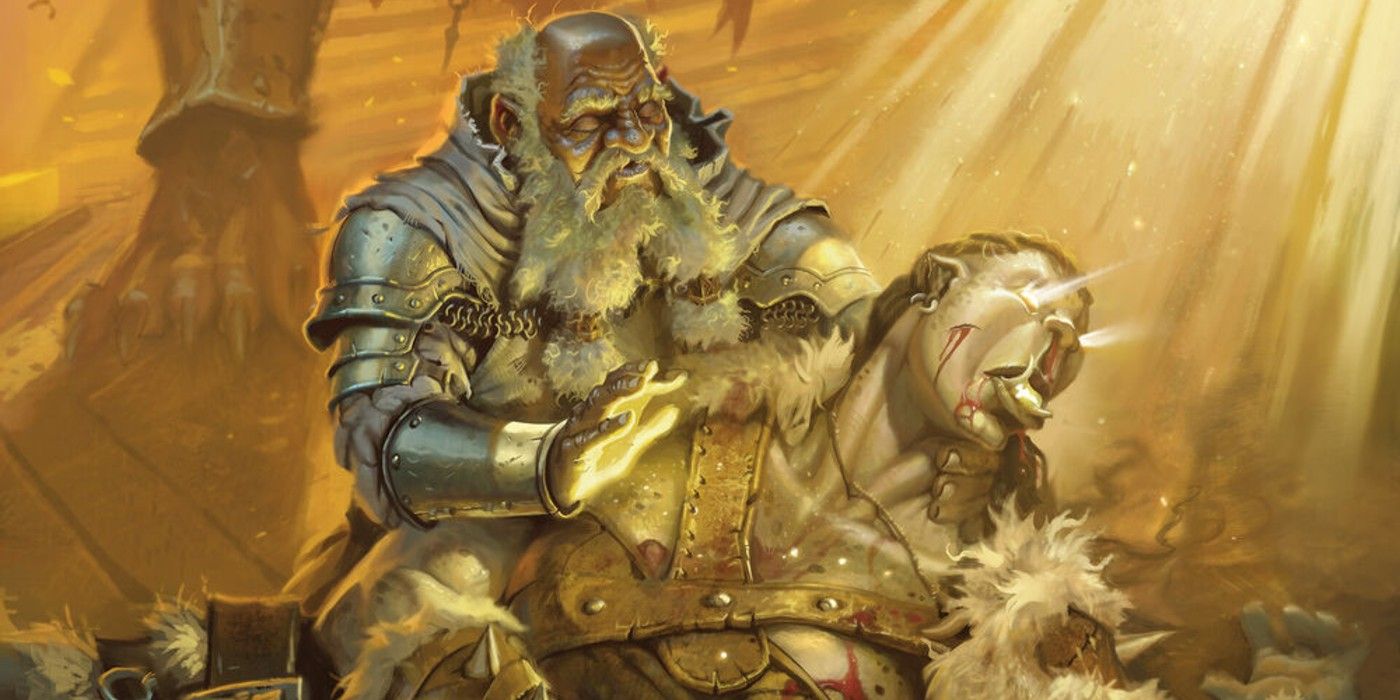
Clerics are for the bold at heart, those who couldn't decide if they wanted the tank-like strength of a barbarian or the healing nature of a paladin, so they chose a class that embodies both. These players are also highly competitive and like to win, choosing the Dungeons & Dragons cleric for their unstoppable abilities.
Druids are tailor made for the type of person who takes in every stray cat or dog they come across. These players, upon finding a spider in their home, will safely catch it and set it free outside instead of killing it. Such a nature-loving personality will make it easier to embody a class so tied to the environment in Dungeons & Dragons.
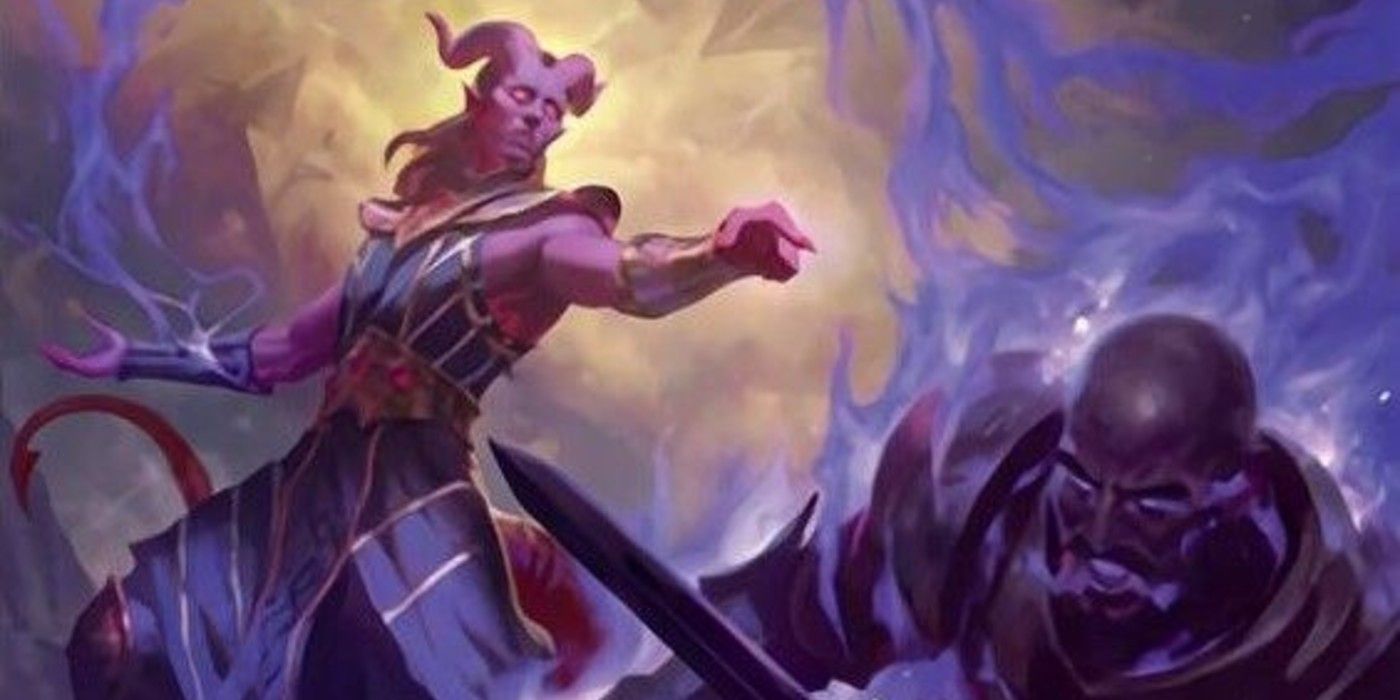
An extremely popular choice, the Dungeons & Dragons bard class is probably for those who prefer theatrics. These players are more likely to burst into song or try to seduce an enemy than pick up a weapon. Bards are people committed to the role-playing aspect of Dungeons & Dragons and want to fully inhabit their role. Players who choose this class would make excellent DMs from a storytelling perspective.
Warlocks are played by those who want to be fighters in the thick of combat, but who don't want to miss out on the opportunity to wield the magic found in Dungeons & Dragons. Players who choose this class aren't afraid of marching to the beat of their own drum, as Warlocks are a relatively new class to the Dungeons & Dragons universe and don't have the same popular reputation as bards or rogues.
Sorcerers are for players who want to leave the real, magic-deprived world behind and fully embrace the fantasy nature of Dungeons & Dragons. They don't want to wield or understand magic, they want to fully embody it, and understand that casting spells is an artful performance in its own right. These players want to be the Merlin of their campaign, known for extraordinary magical feats throughout the Dungeons & Dragons multiverse.
https://ift.tt/3BxhwTh
No hay comentarios:
Publicar un comentario